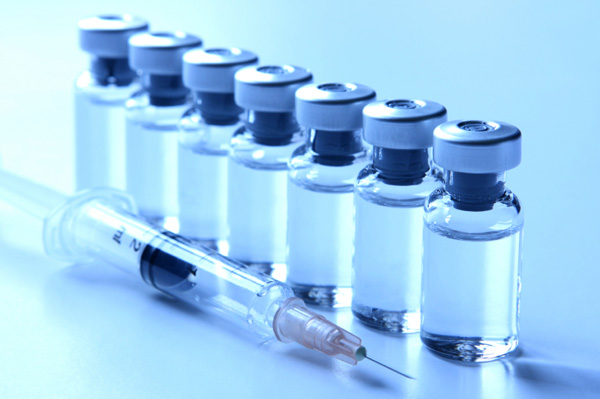Without Buyback Guarantee, Pharma Firms Won’t Invest in Vaccine Production: Officials Warn
As Pakistan braces for the end of Gavi support in 2029, the country’s pharmaceutical sector is raising alarms: without a government-backed buyback guarantee, no local company is willing to invest in vaccine production a move that could leave Pakistan dangerously exposed to future immunisation crises.
Despite spending over Rs67 billion annually on vaccine procurement, Pakistan continues to depend almost entirely on foreign suppliers. Experts and industry insiders argue that indigenous vaccine production is not just a healthcare priority but a national security necessity.
“Vaccine production is capital-intensive and high-risk, and without purchase guarantees, no private firm will invest,” said a senior official at the Ministry of National Health Services. He emphasized that vaccine development requires international technology transfer, skilled human capital, cold-chain logistics, clinical trials, and WHO certification all requiring significant funding.
But there’s a catch: under Pakistan’s current procurement laws, contracts are awarded to the lowest-cost bidder, often multinational firms offering vaccines at subsidized rates. This leaves local manufacturers unable to compete during their critical early years of investment.
Officials cite another deterrent: fear of accountability. Signing contracts for costlier, locally produced vaccines could trigger inquiries or anti-corruption cases. “There’s no incentive, only risk,” said one health ministry source.
Meanwhile, DRAP clarified its role is regulatory facilitation, not funding and that the National Institute of Health (NIH) and private sector must lead vaccine development. However, without government-backed buyback assurance, private investors are unwilling to proceed.
According to Tauqeer-ul-Haq, Chairman of the Pakistan Pharmaceutical Manufacturers Association (PPMA):
“Vaccines are government-procured items. Without a firm buyback guarantee, no pharma company will pour millions into vaccine production.”
Pakistan’s vulnerability is growing. With only four WHO-prequalified medicines, the country’s local industry is barred from global tenders by agencies like UNICEF and the Global Fund.
In response to the crisis, Pakistani health authorities are exploring international partnerships. During a recent summit in Bali, Federal State Minister for Health Dr. Mukhtar Ahmed Bharath discussed joint vaccine production with Indonesia, a country excelling in local manufacturing.
Health experts argue the time for hesitation is over. “This isn’t just about science; it’s a governance challenge,” said a senior DRAP official. “A multi-stakeholder strategy with strong political will and fiscal incentives is critical.”
A robust Public-Private Partnership (PPP) model is being recommended as the only viable path forward one where the government provides fiscal backing, regulatory ease, and assurance of long-term procurement.
Unless these structural gaps are addressed immediately, Pakistan could face catastrophic setbacks in its immunisation drive, once donor support dries up.



Comments (0)
No comments yet. Be the first to comment!
Leave a Comment